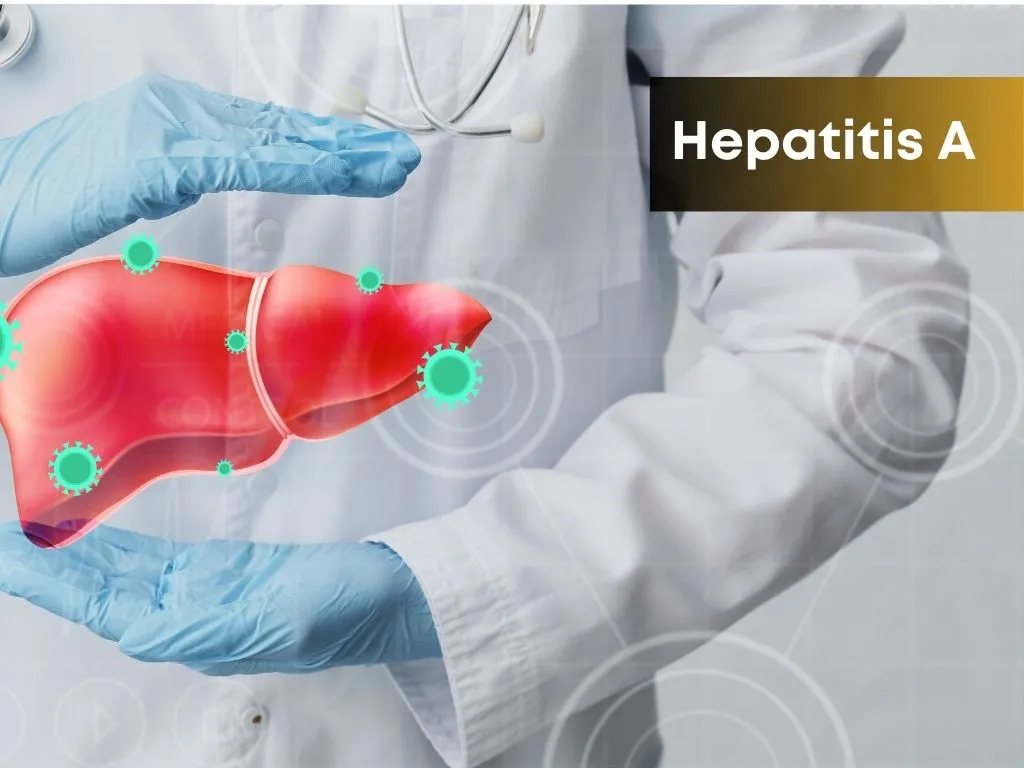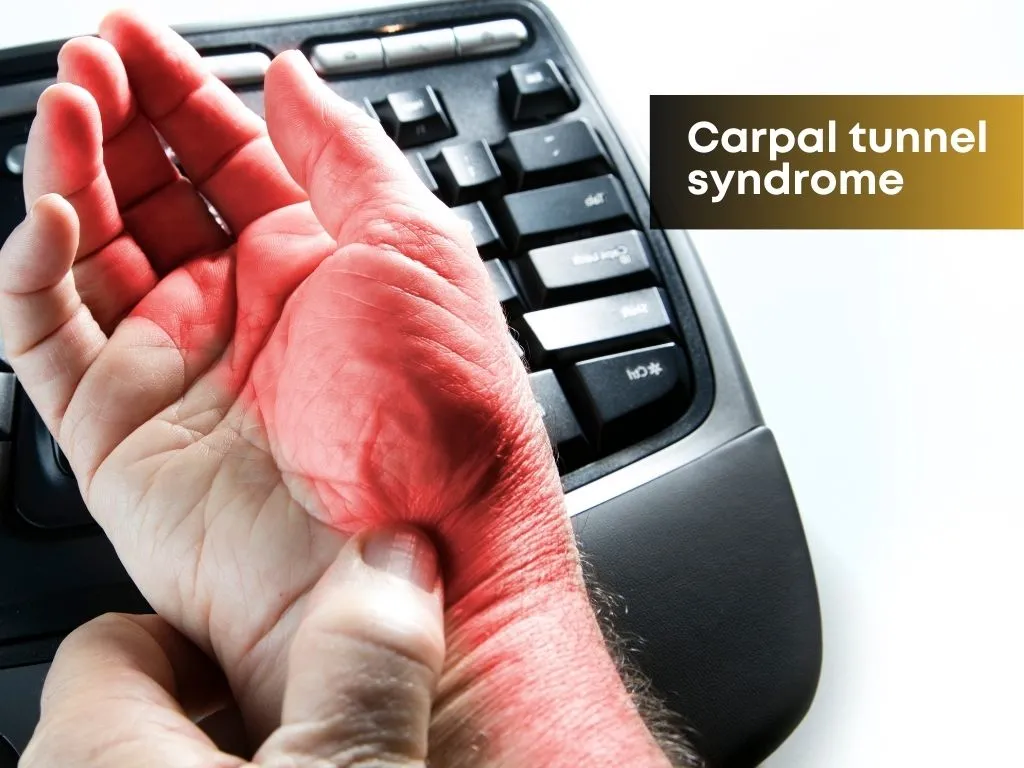Hepatitis A.
-
 Nalamaree Team
Nalamaree Team
- 23 September 2025
Overview
Hepatitis A is an inflammation of the liver that can cause mild to severe illness.
The hepatitis A virus (HAV) is transmitted through ingestion of contaminated food and water or through direct contact with an infectious person.
Causes
Hepatitis A is a contagious liver infection caused by the hepatitis A virus. Hepatitis A prevented with a vaccine. The virus is primarily transmitted through food or water and by an infected person.
Common causes of hepatitis A transmission include:
Symptoms
Treatment: Modern Medicine
There is no specific treatment for hepatitis A.
Recovery from symptoms following infection may be slow and can take several weeks or months.
It is important to avoid unnecessary medications.
Treatment: Traditional Medicine
No specific treatment exists for hepatitis A.
Your body will clear the hepatitis A virus on its own. In most cases of hepatitis A, the liver heals within six months with no lasting damage
Caution
Hepatitis A is an inflammation of the liver caused by,




















.jpg.webp)
